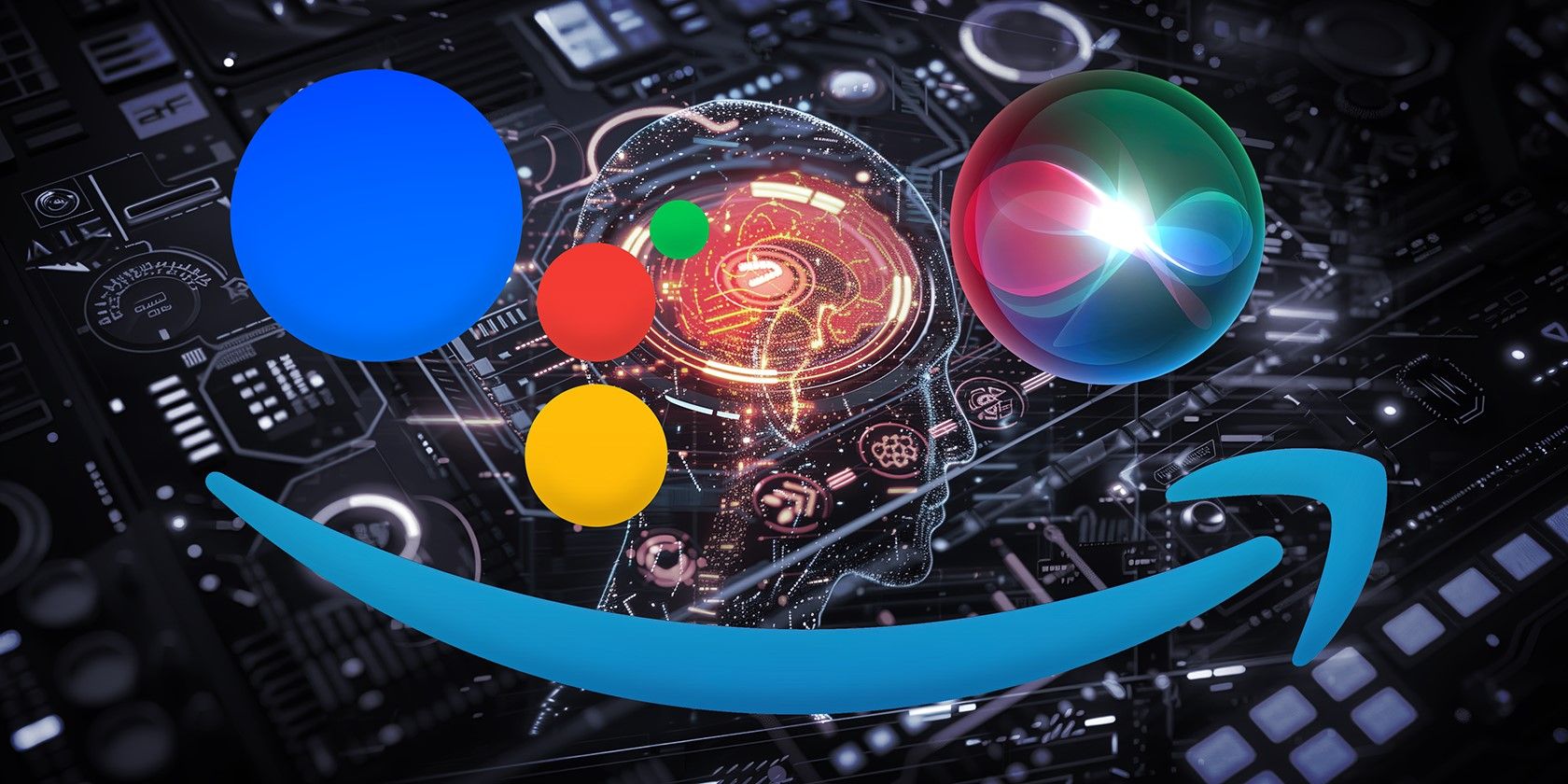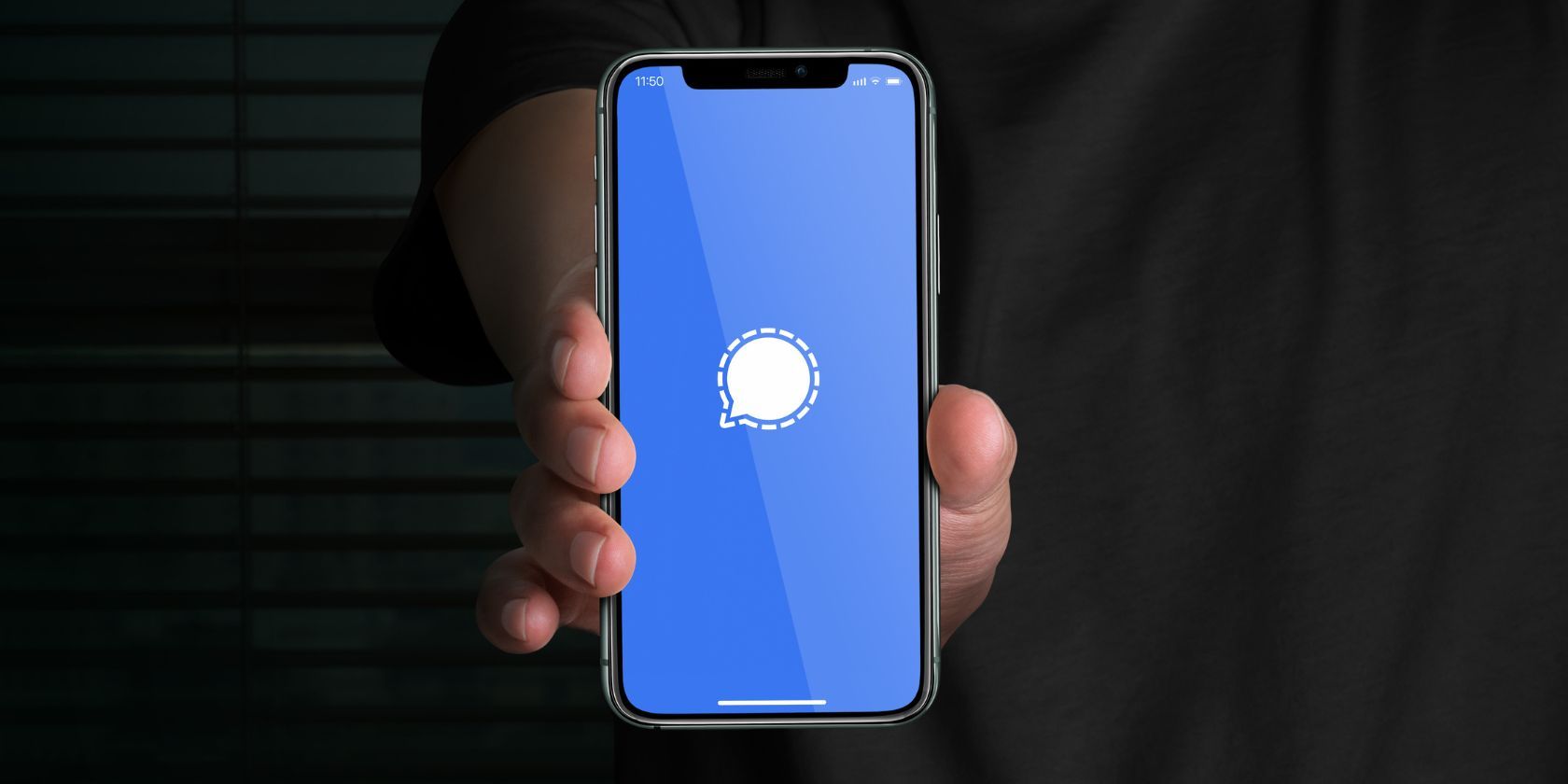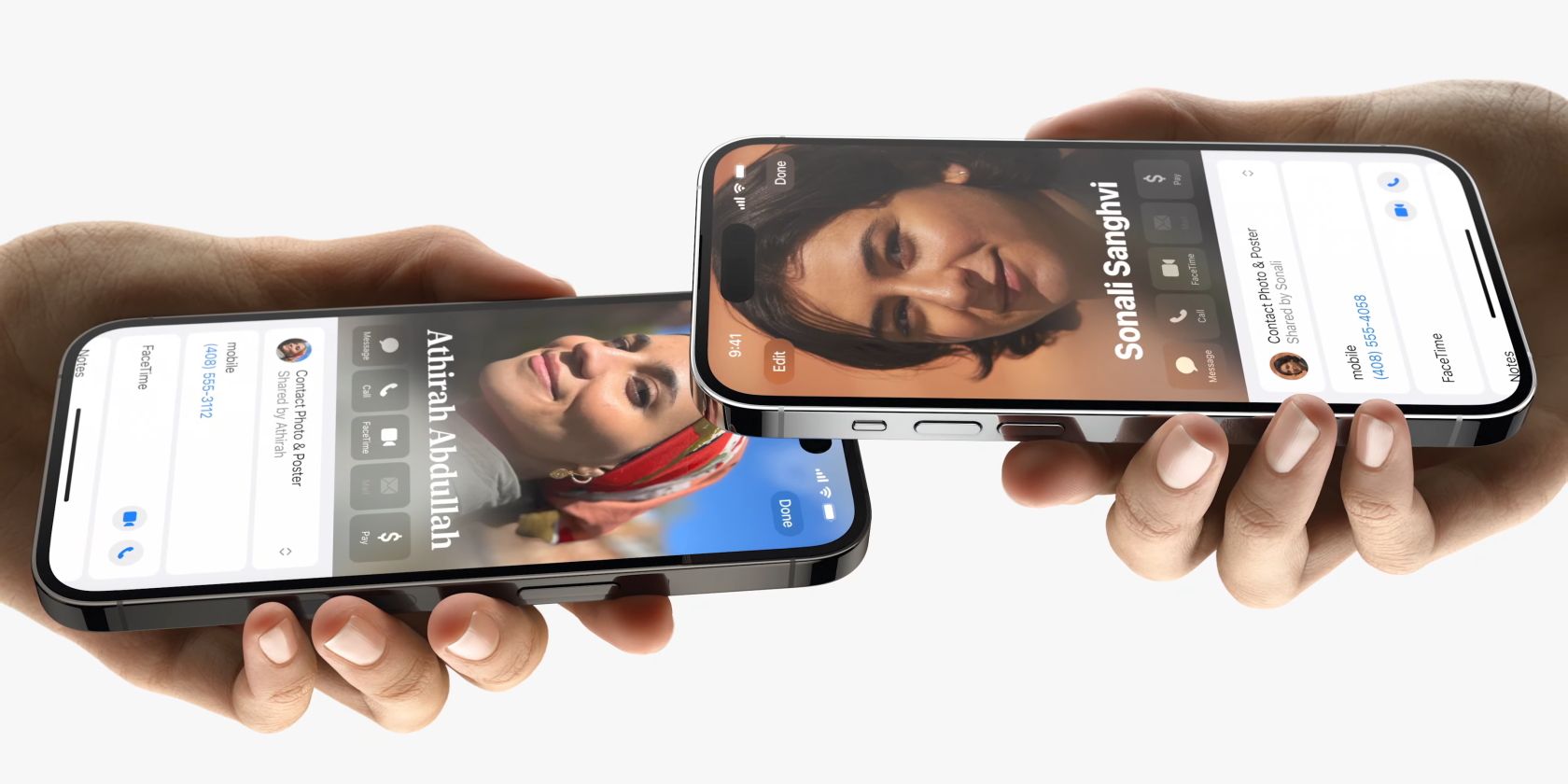Key Takeaways
- Virtual assistants like Alexa, Siri, and Google Assistant use AI, particularly machine learning and natural language processing, to understand and respond to voice commands.
- These virtual assistants are not purely AI tools as they have other functions that don’t rely on NLP or machine learning, such as reminders and routines.
- Virtual assistant providers are working on integrating generative AI, using large language models (LLMs), to better understand natural language requests and provide more natural responses. Amazon, Google, and Apple are actively developing LLM-based integrations for their virtual assistants.
If you have a smart home, chances are you use an assistant like Alexa, Google Assistant, or Siri. But do these popular home assistants use AI to function, and if so, how?
Do Virtual Assistants Like Alexa Use AI?
Because virtual assistants can listen to voice commands, they benefit from AI-based language processing, as it helps them better understand and respond to voice commands and questions.
All virtual assistants differ from one another, and the kind of AI they use differs, too. However, machine learning is a common technology used by most virtual assistants. Siri, Alexa, and Google Assistant all use AI and machine learning to interpret requests and carry out tasks.
Alexa uses machine learning and NLP (natural language processing) to fulfill requests. “Natural language” refers to the language used in human conversations, which flows naturally. In order to best process voice commands, virtual assistants rely on NLP to fully understand what’s being requested.
However, Amazon itself calls this natural language understanding, or NLU. Amazon states that it uses NLU to “deduce what a speaker actually means, and not just the words they say.” Amazon uses an example here, stating that NLU helps Alexa provide a weather forecast if a user asks what it’s like outside. Without specifically saying “weather forecast”, NLU allows Alexa to still discern what the user is asking for.
Furthermore, Amazon states that NLU “is all about providing computers with the necessary context behind what we say, and the flexibility to understand the many variations in how we might say identical things.” In short, NLU provides the means to better determine what a user is asking for when they communicate verbally.
Google Assistant uses NLP and a number of complex algorithms to process voice requests and engage in two-way conversations. Features like Look and Talk, which was introduced in 2022, use these algorithms to determine whether you, as the user, are simply passing by your Nest Hub or intending to interact with it.
Since then, Google Assistant has undergone several updates. In January 2024, Google announced that it would be removing lesser-used features, such as media alarms and Google Play Books voice control.
Finally, there’s Apple’s Siri. Siri currently uses AI for its functions, using both NLP and machine learning. Like the other two virtual assistants being discussed here, Siri recognizes voice triggers, and can pick up on the trigger phrase “Hey Siri” using a recurrent neural network.
AI assistants are also moving towards the use of generative AI. This is a more recent type of AI that is already being used in tools like ChatGPT.
Both Google and Alexa are currently developing generative AI capabilities for their voice assistants. Google is using Gemini, its own large language model (LLM). Amazon, on the other hand, is developing its own LLM that is currently known as “Alexa AI”.
As stated by Amazon, Alexa AI will allow for a few perks, including continued conversations without repeated wake words, more personalized responses, and control of multiple connected devices via one request.
In July 2023, it was announced that Apple was working on its own LLM, known as Ajax, which will be used in its chatbot, Apple GPT. In early 2024, reports started surfacing about Apple working to improve Siri using generative AI. In a Bloomberg Power On report, it was stated that Apple is “planning a big overhaul” for Siri.
More specifically, it’s reported that Apple is developing AI code, both for Siri and its Apple Care service. 2024 may reveal more information on these developments.
Should Siri, Alexa, and Google Assistant Be Considered AI?
Given how heavily virtual assistants rely on AI, be it through NLP or machine learning, it’s natural to categorize them as AI outright. Voice assistants like Alexa, Google Assistant, and Siri are often referred to as AI tools, given their constant use of NLP and machine learning.
While these virtual assistants have many other features that don’t use AI, they rely heavily on AI to function. So, they can be considered AI.
The Future of AI in Virtual Assistants
One thing that a lot of virtual assistant providers have in common is that they’re currently working on using generative AI in their systems.
Generative AI is a specific field of AI that uses deep learning and neural networks to generate text or media based on user prompts (which can also be in the form of text or images). The introduction of generative AI in virtual assistants is being done through the integration of LLMs.
In the future, generative AI could give virtual assistants the following capabilities:
- Further personalizing the user’s experience (based on location, preferences, etc.).
- Providing advice and recommendations for day-to-day issues.
- Offering more meaningful conversations with users
As AI continues to become more sophisticated, we may see our trusty voice assistants become highly capable, being able to help us in all manners of things. AI has the potential to catapult existing technologies into a new age of capabilities, and voice assistants are no exception here.



